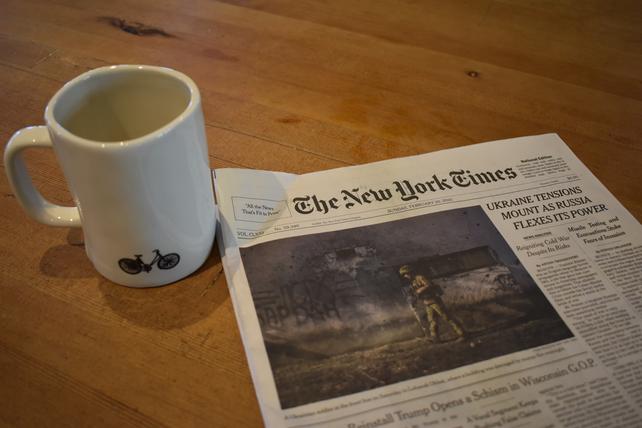This story was originally published by WIRED and appears here as part of the Climate Desk collaboration.
Climate change can kill people in all kinds of ways. There are the obvious ones — wildfires, storms, and floods — yet rising temperatures may also lead to the increased spread of deadly diseases, make food harder to come by, and increase the risk of conflict.
Although we know about these wide-ranging but equally terrifying risks, attempts to pinpoint the number of deaths caused by climate change have been piecemeal. One recent study estimated that climate change was to blame for 37 per cent of heat-related deaths over the past three decades. In 2021, Daniel Bressler, a PhD student at Columbia University in New York, estimated that every additional 4,400 metric tons of carbon dioxide emitted will cause one heat-related death later this century. He called this number the “mortality cost of carbon.”

Get top stories in your inbox.
Our award-winning journalists bring you the news that impacts you, Canada, and the world. Don't miss out.
Putting a number on climate deaths isn’t just an academic exercise. People are already dying because of extreme temperature and weather events, and we can expect this to become more common as the planet continues to heat up. If governments want to put in place policies to prevent these deaths, they need a way of accurately measuring the deaths and ill health linked to warming. The search is on for the true mortality cost of carbon.
As part of this search, the U.K. government has made its first attempt at putting a number on climate change deaths. The U.K. Office for National Statistics (ONS) — an independent government agency responsible for producing official data — has for the first time reported climate-related deaths and hospital admissions in England and Wales. The report covers the years 2001 to 2020, but future reports will be released annually, revealing for the first time detailed information about the impact that climate change is having on health in the two nations. (Statistics for Scotland and Northern Ireland are recorded separately.)









